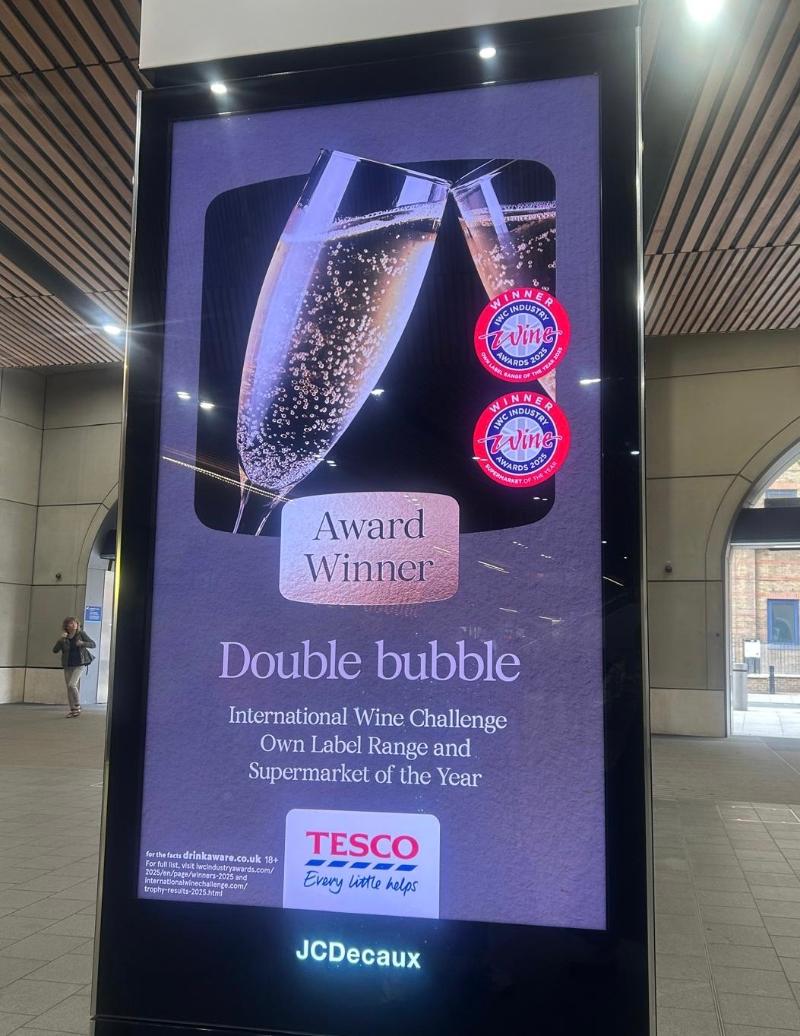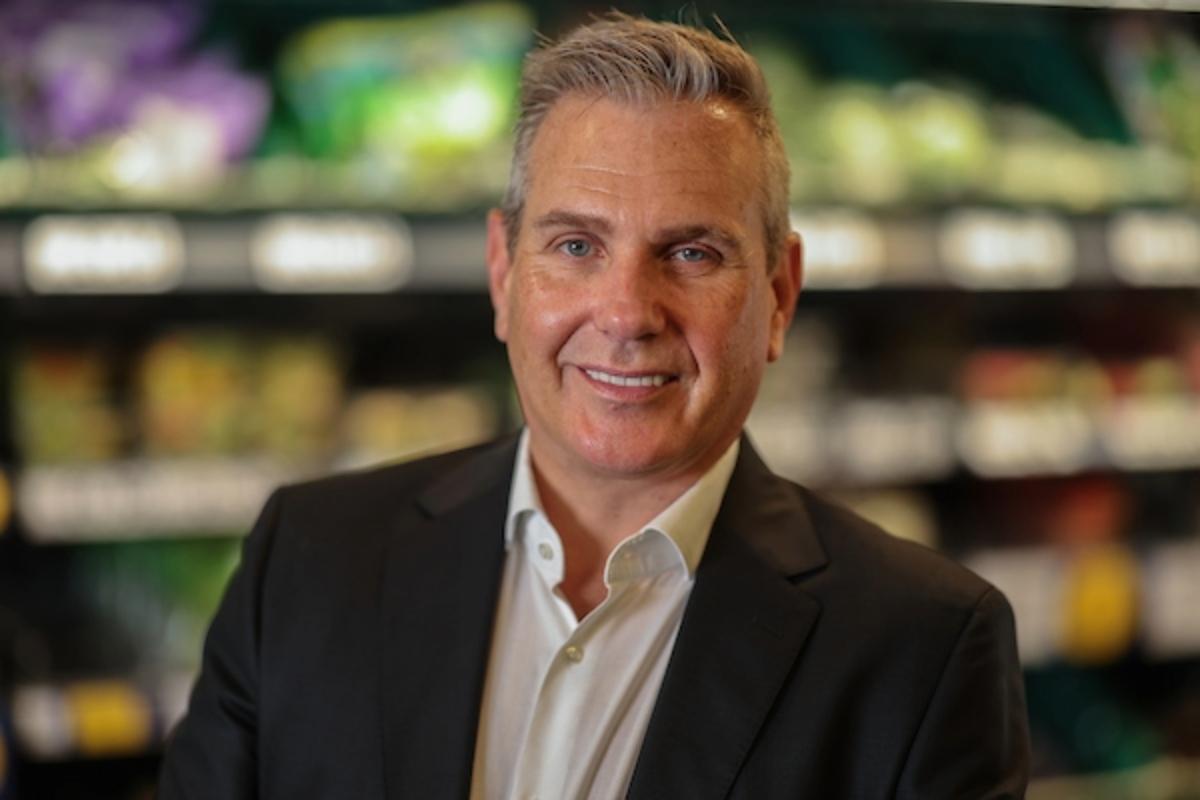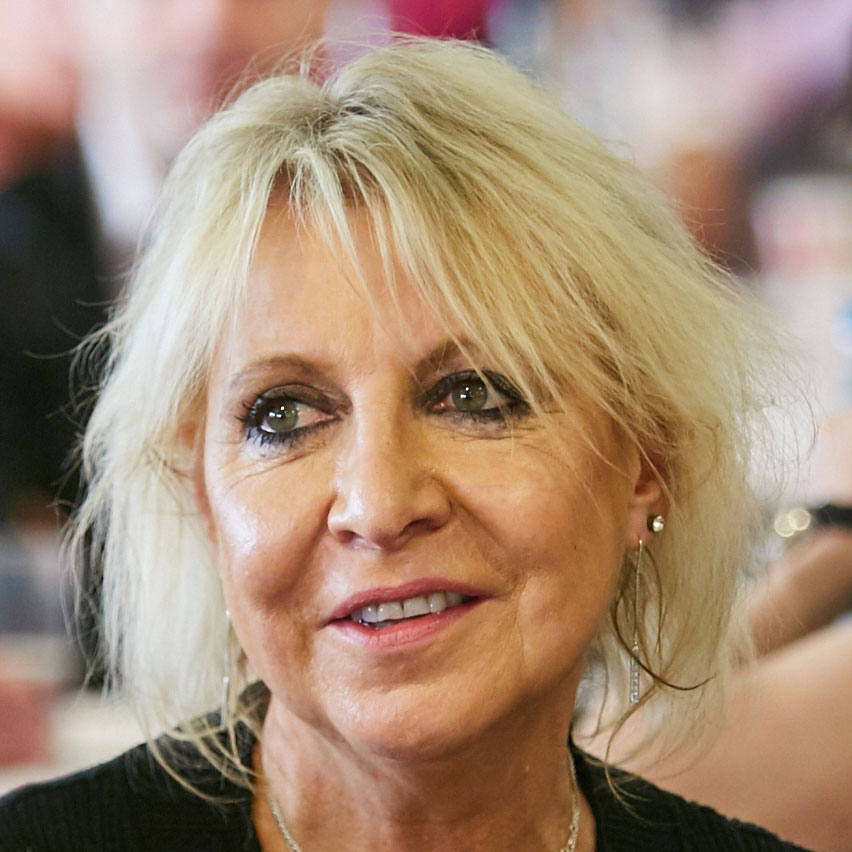At the recent IWC Awards, trophies and certificates were handed out to numerous delighted winners. Yet one company stood out, sweeping the board with three of the most coveted gongs. Add in four further trophies in the Great Value awards, and the trophy cabinet at Tesco HQ must be looking impressively packed.
When you have a room of ex-buyers discussing Industry Awards (Steve Mosey, Helen McGinn, Neil Bruce, Julia Jenkins and I), with decades of experience in different spheres of retailing, and strong opinions, heated debate is inevitable – and there was plenty, given the number of excellent and closely-contested entries. We'd all done the buyers' jobs, seen life from their perspective, and understood the challenges they face daily, especially within the constraints of the current economic climate. Tesco faced tough competition, but ultimately reigned supreme - not just because of the quality of their entries, but also for how they demonstrated their achievements.
As Neil Bruce stated: "They threw the kitchen sink at it, constantly pushing the boundaries, including instore merchandising efforts."
It's a huge achievement picking up one major award, but garnering three in one year is a rare feat. Tesco did it, and they deserved every one of them.
Buying power
The UK is a nation which frequently likes to vilify the giants of any industry, but if they're out there doing the best job, they should be celebrated. And they were. Tesco won for several key reasons, with their entries providing factual evidence of achievements – including quality of wines entered, success in premiumisation, ranging in smaller formats, achievement of lightweighting targets, and, crucially, the calibre of their buying team.
Jason Godley, BWS Category Director, summed up their strategy: "I wanted us to take a leading position on the things I felt were important within BWS, be that value, quality, or innovation. As the UK's largest retailer, I feel we have a responsibility to be a leader in the wine industry and ensure we continue to be at the forefront."
The retail giant has come a long way since its early days, founded by Jack Cohen, with the first store opening back in 1929. The total UK estate numbers over 3500 stores, of which 2074 are smaller format 'Express' stores, the first of which opened in 1994. Today, they account for over 70% of the estate. As consumer shopping habits changed, accelerated by the Pandemic, Tesco honed in on the move to smaller, more frequent shops. Currently, 77% of the population is within a 10-minute drive of a Tesco Express, and the Tesco 'Whoosh' rapid delivery service is further increasing accessibility.
One of the key aspects that impressed the judges was the range in smaller stores. It's easy to range for large stores, with the luxury of space. The skill is in the ability to micromanage range down the scale, to the smallest formats without compromising the offer. This is one of the most challenging aspects of retailing; how to appeal to as broad a consumer base as possible, in a confined space; 'breadth, not depth' is the mantra for small store ranging, and the Tesco team has done an outstanding job. The Express stores offer still wine price points from £4.15 to £28, including Tesco Finest Margaux, Smith & Sheth Cru Sauvignon blanc and Whispering Angel.
A standout success has been the successful premiumisation of the range. Three years ago Tesco held just 12.7% of the UK's £10+ wine market; following a thorough review and launch of over 180 new wines, with premium the focus, that share now sits at 25.3%, with 325 wines over £10.
Godley summarised the strategy: "I saw an opportunity in the premium space, particularly on producer brands, where our range has previously been too narrow. We needed to cast our net further than our existing supply base at the time, and now Tesco works with many more winery partners than five years ago – an important step in the process. Some things haven't changed though, which is equally important, like maintaining our long-standing supplier partnerships, particularly on own brand, where we have been working with the same producer for over 20 years. These foundations have been critical, especially for Finest."
The doubling of sales of premium was viewed as "staggering given trading conditions" by all the judges. As Steve Mosey summarised: "What they have done to drive trade up and deliberately make premium a larger part of their mix was bold, ambitious and very smart given where the market is - but they were able to demonstrate achievement of that specific goal."
Private labels' triumph
Tesco also picked up the coveted 'Own label range of the year' for the 4th year running, proving that the team are focussed on quality delivery. "The consistency in quality that the team, past and present, have developed along with our winery partners has led to this success," said Godley.
"This doesn't happen easily, given the competitive set, and has required a huge amount of focus and hard work from all involved.".jpg)
This award was determined by the Co-Chairs, based on the performance of wines entered in the competition. Tesco took a total of over 100 awards, including 5 gold, 35 silver and 49 bronze, the majority of these for their prized 'Finest' range (now comprising 92 wines), whilst also securing four of the great value trophies for Finest 10 YO Tawny Port, Finest PX Sherry, Finest Sauternes and Finest Dessert Semillon. As Helen McGinn stated: "Tesco stood out not least for their strike rate when it came to medals in this category. They also showed real innovation here, as well as a clear commitment to encourage customers to trade up."
It's easy to assume that these were awarded to the more expensive wines in the range. The fact that Tesco's top seller Wairau Cove Sauvignon Blanc (£8.50), Finest Prosecco (£8.25), Finest Leyda Chardonnay (£9) and Finest Colchagua Shiraz (£9), and Vista Castelli Montepulciano d'Abruzzo ( £5.50) all gained silvers, dispelling that myth. It's also one of the things of which Lead Product Development Manager Graham Nash is most proud of: "We're proud that our Tesco Finest wines stand alongside the best from any producer; being involved in making and blending them makes their successes even more rewarding."
This also includes a prized silver for one of their proudest launches - Finest Floreal, (£8) a ground-breaking hybrid cross, resistant to vineyard diseases and thus reducing the need for vine treatments by over 80%, whilst enhancing biodiversity. It was the first commercialisation of the grape globally. Tesco snapped up the entire production, ranging it in over 500 stores.
None of these impressive achievements would be possible without the buying team behind the wines, which leads to Tesco's 'Best Buying Team' award. Jason Godley took back the helm in 2019, after 10 years away from the BWS category, working in other sectors of the business, and has built a powerful and effective team around him.
Tesco were the first retailer to split the traditional buying function into two different teams – product development and buying; the approach clearly works, with their results proving that they work cohesively to one single strategy, yet each with individual personalities. There are 11 people in the team, backed up by further specialist roles in technical, business support, supply chain and brand/design.
With strong characters, it's not always easy to have a united strategy, but Buying, headed by Andrew Pattinson, and Product Development led by Industry stalwart Nash, seem to have managed it. The PDM team deserve high praise for the quality they blend and deliver at every level of the Finest ladder. As Mosey commented: "The expertise is there and it is clear that wine really matters to their business at a level beyond the category."
Godley is justifiably proud of his team: "They have consistently strived to improve our wine proposition, despite the industry challenges over recent years. I remember members of the team blending our wines in their homes, during COVID, with the winemakers on Teams, to ensure we delivered this consistency. It is the small details, which I see the team delivering every week, that all add up. It has been been fantastic to see this dedication recognised by the IWC this year."
Buying teams don't achieve this without strong supplier relationships, and that requires collaboration, and hard work from both parties; judges were particularly impressed with Tesco's partnerships with top wineries such as Howard Park and Catena, as well as their long-established, trusted winery relationships; the team often work directly with suppliers, fostering trust and transparency. Suppliers I spoke to, in researching this piece, viewed the team as "tough but fair". According to one source: "The buyers are responsive and over time you build trust together; they share their priorities, so we have a clear agenda." There was genuine respect apparent.
Graham Nash summed it up in his response to the awards: "These awards acknowledge our dedication to giving customers a fantastic wine experience, not just as a retailer, but as an expert team. We're wine lovers, each with our own unique expertise, focussed collectively on bringing customers the best wines at great value prices."

Tesco – The Cream of the Crop
Tesco recently took home three of the most prized trophies at the IWC awards. Angela Mount looks back at what made Tesco rise to the top, fending off tough competition.

Jason Godley, BWS Category Director at Tesco









.png)









